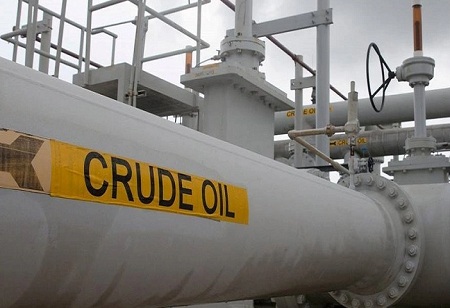India reduced the windfall tax on petroleum crude from Rs 4,100 per tonne to nil with effect from May 16. For gasoline, diesel, and aviation turbine fuel (ATF), the windfall tax remained at zero. The government reduced the windfall tax on domestically produced crude oil in early May from $6,400 per tonne to $4,100 per tonne.
In the adjustment that came before that, the government eliminated the export duty on diesel and increased the windfall profit tax on
domestically produced oil from zero to $6,400 per tonne. Every two weeks, the tax rates are adjusted based on the two-week average of oil prices. India implemented the windfall profit tax on July 1, 2022, joining an increasing number of countries that tax energy businesses' higher-than-average profits. While taxes were imposed on the export of petrol, diesel and jet fuel (ATF), local crude oil production was subject to a Special Additional Excise Duty (SAED). Then, New Delhi imposed export taxes on petrol and ATF of Rs. 6 per litre and on diesel of Rs. 13 per litre.
The calculation of the windfall profit tax involves deducting any price that producers receive that is more than the threshold. The fee was supposed to relieve customers by making up for the decrease in the excise duty on petrol and diesel. However, it is anticipated that the government's revenue will decrease due to the windfall cess's decline from its initial levels.
The main exporters of fuels including diesel and ATF are Rosneft-based Nayara Energy and private refiners Reliance Industries Ltd. Producers like the government-run Oil and Natural Gas Corporation (ONGC) and Vedanta Ltd. are targeted by the windfall charge on domestic crude.
